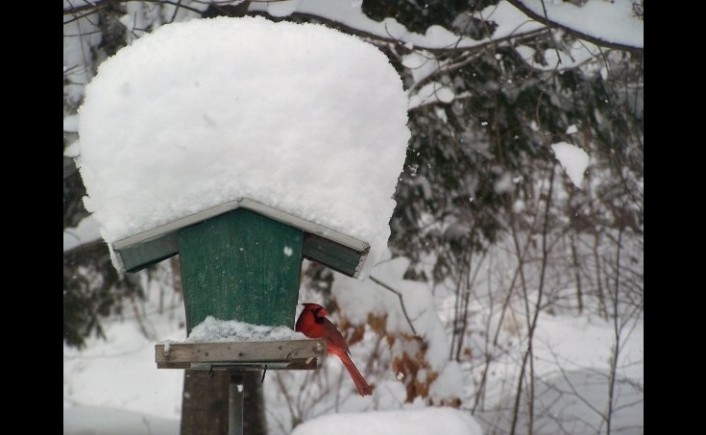One of the frustrations of the modern information society is the barrage of conflicting opinions put forth on almost any topic, from dieting to world peace. It is often difficult to decide which information to believe. Nowhere is that more evident than on the subject of climate change, where high-profile columnists continue to routinely insist that “there is little or nothing to be alarmed about”, based on their contention that the Earth has not warmed in nearly two decades.
So how do those claims stack up against the findings of thousands of scientists around the world who are studying various aspects of climate change? The most credible source of information has to be the Intergovernmental Panel on Climate Change (IPCC), which brings together those studies in periodic consensus reports; their 5th Synthesis Assessment Report was released a few weeks ago.
The conclusions of that report are stark: “Warming of the climate system is unequivocal, and since the 1950s, many of the observed changes are unprecedented over decades to millennia. The atmosphere and ocean have warmed, the amounts of snow and ice have diminished, and sea level has risen.”
There is no longer any reasonable doubt on why climate change is happening. A 2013 survey by an organization called Skeptical Science reviewed over 12,000 peer-reviewed publications, and found that over 97% of the papers taking a position on the cause of global warming agreed that humans are causing it. Measurements of greenhouse gases that cause climate warming – primarily carbon dioxide – show levels that are unprecedented in at least the past 800,000 years. Those levels continue to climb every year, mostly as a result of the burning of fossil fuels.
Has climate warming stopped in the past two decades? The data shows that the rate of increase has slowed a little, but 2010 was still the warmest year on record, and all of the 10 warmest years recorded since measurements began in 1880 have occurred since 1998.
Global climate change has far-reaching impacts for the human race. But it also will have enormous effects on natural ecosystems. Many species of plants and animals can’t move or adapt quickly enough to cope with a changing climate, so extinction rates and other disruptions will inevitably increase.
For the Couchiching Conservancy, that means we have to think about ways to minimize those effects in our region, for example by using our nature reserves to help create habitat bridges between parks and other large protected areas. We are looking at ways to reduce our energy use in our office, and to support the development of green energy projects.
To the climate change deniers, the warnings from the IPCC and other scientists may once again be dismissed as “alarmist”. But the facts speak for themselves. Climate change affects all of us, and it is long since time that we face up to it seriously. We can ignore this reality no longer.
Written by Ron Reid, Carden Program Coordinator and Past President.

